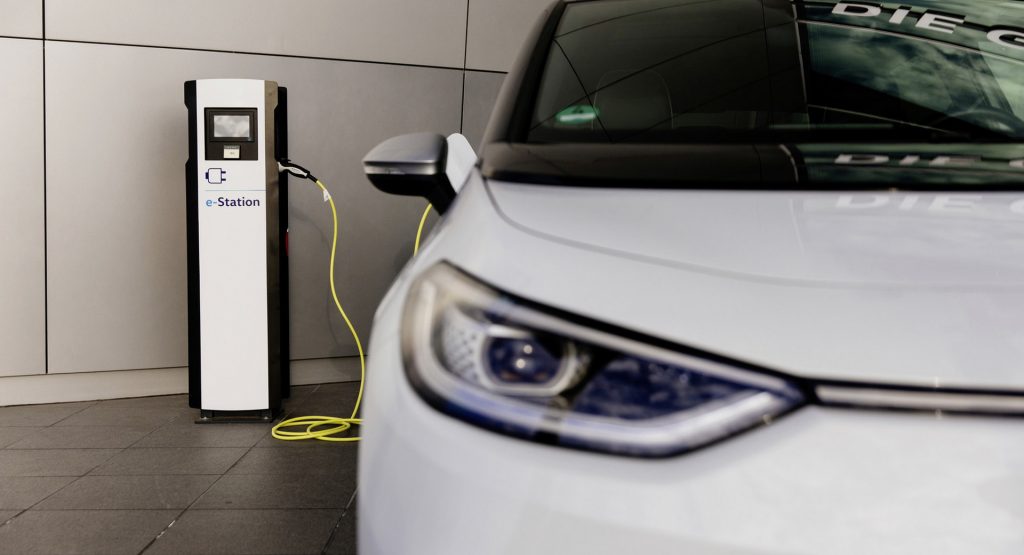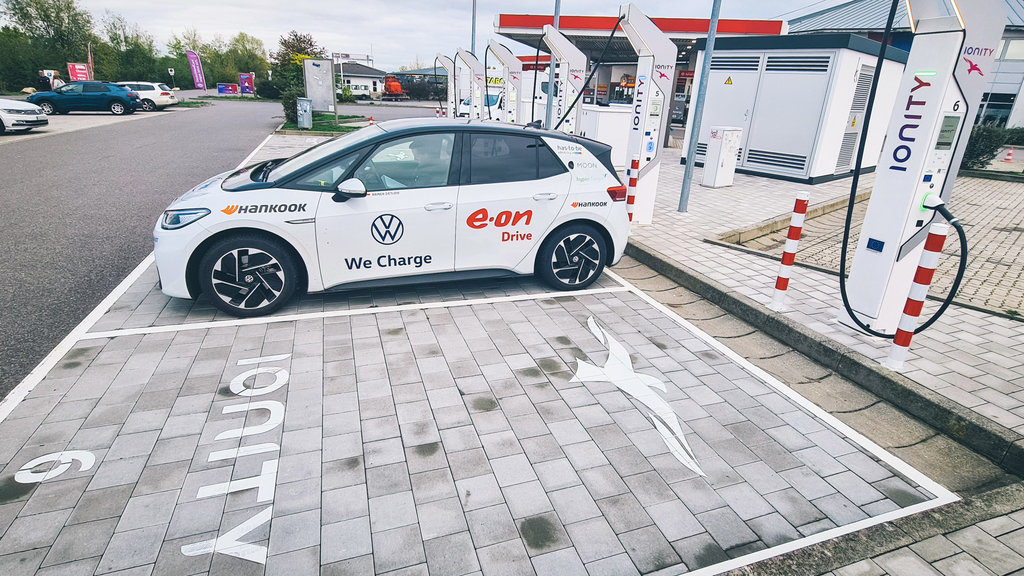Germany, whose automotive industry is going all-in on EVs, has had to pay out six-and-a-half times more in electrified vehicle subsidies than it did in 2019.
The government paid out more than 652 million Euros in subsidies this year. By comparison, it paid out just 98 million in 2019. According to Reuters, these figures were obtained by the Reinische Post from the Federal Office for Economics and Export Control.
The newspaper reports that buyers have applied for a subsidy for a total of 229,951 vehicles. Although that’s a sharp increase from 2019’s 73,081, it doesn’t account for the full rise in Germany’s payouts. Indeed, increased funding for tax breaks for electrified vehicles introduced in July helped the payouts reach their 2020 heights.
Although the credits doubtless played a role in a number of Germans’ decision to buy electrified vehicles, a slew of new EVs, such as the VW ID.3, that were launched this year probably helped, too.
Read Also: China To Lower Subsidies For More Expensive Electric Cars
Increases in hybrid adoption outpaced increases in EV adoption, though. While the number of applications for EV subsidies rose from 51,000 to 126,000 (increasing by 250%) the number for hybrids skyrocketed from 22,000 to 103,000 (nearly 470%).
The German government is more than happy about the increase on EVs and hybrids and is confident that the number of electrified vehicles being purchased will only increase in 2021. Indeed, the new breaks for buyers will go on until at least 2025. Federal Minister of Economics Peter Altmaier said: “In 2020 we made a significant leap forward in electromobility in Germany. The main reason for this was the introduction of the innovation bonus in July, with which the federal government doubled its funding for the purchase of an electric car.”
Meanwhile, the demand for new hybrids and EVs is being recognized by the industry. Volkswagen, for one, just announced that it will be installing 750 new charging points around Germany in 2021.
“We need significantly more charging points in Germany and Europe if electric vehicles are to establish themselves quickly,” said VW’s head of e-mobility, Thomas Ulbrich. “For that reason, all players from the fields of politics and industry must continue their efforts in the coming year.”






